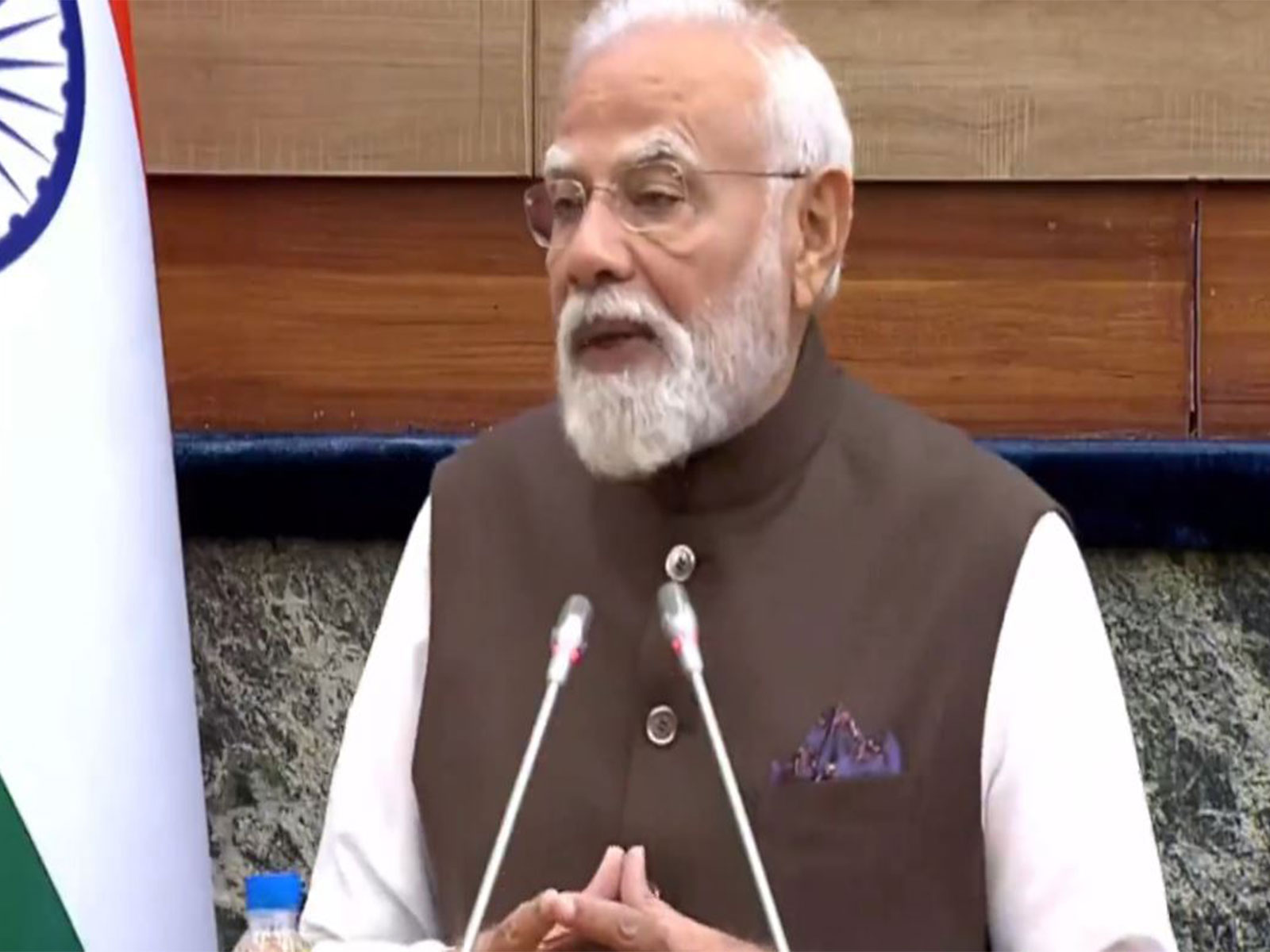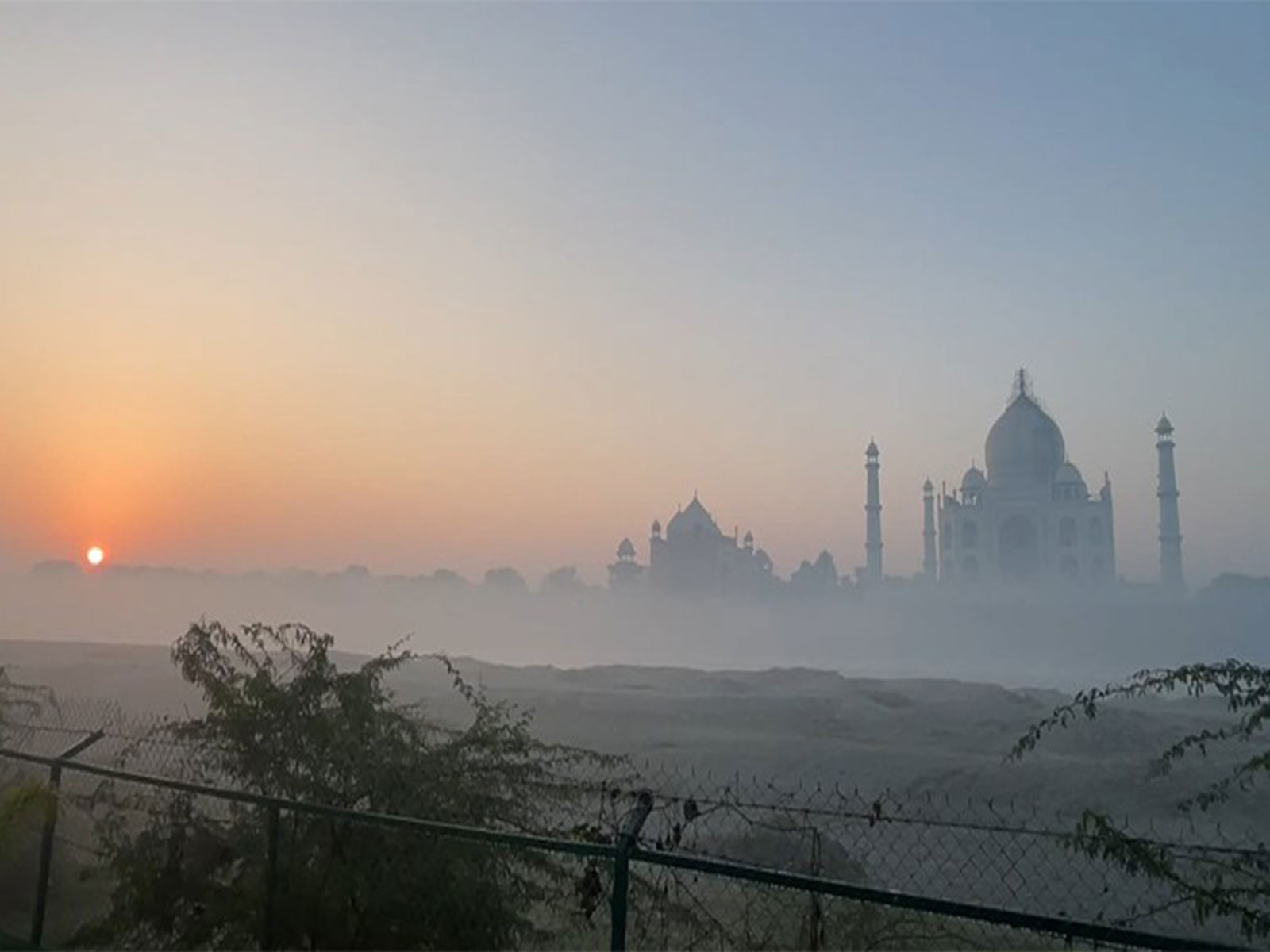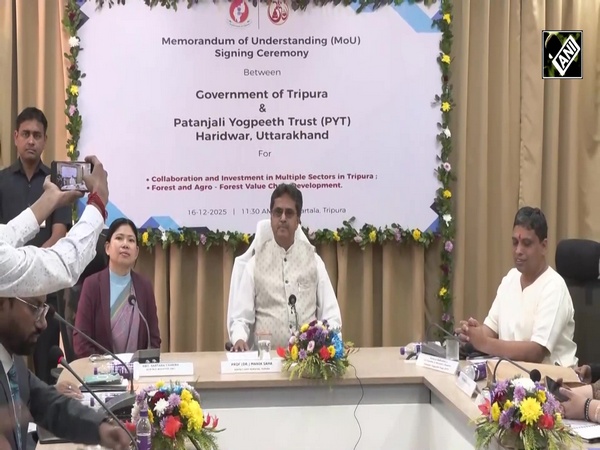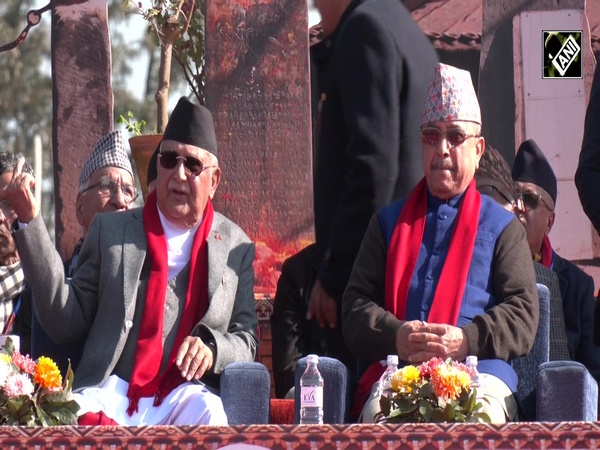Pakistan grapples with water contamination: 100 pc water in PoGB unfit for drinking
Sep 06, 2024

Gilgit [PoGB], September 6 : Pakistan is one of the most water-polluted countries in South Asia. Drinking water is contaminated with toxic metals and microbes, and often exceeds the World Health Organisation's (WHO) recommended parameters.
A troubling report from Pakistan-occupied Gilgit-Baltistan (PoGB) reveals that all water samples from the region are contaminated, rendering the water unsafe for consumption, reported The Express Tribune.
The issue extends beyond this area, affecting two cities in Sindh, including Shaheed Benazirabad, where water samples are also deemed unsafe for human use.
The Pakistan Ministry of Water Resources has disclosed alarming statistics on water contamination across the country. In Karachi, 93 per cent of drinking water is contaminated, while 92 percent of water in Badin and 94 per cent in Bahawalpur are also unsafe.
The situation is similarly dire in other cities, with 83 per cent of water in Sargodha, 59 per cent in Faisalabad, and 60 per cent in Sheikhupura considered unfit for consumption. Additionally, 80 per cent of drinking water in Hyderabad, 67 per cent in Sukkur, and 70 per cent in Muzaffarabad is unsafe. Abbottabad and Khuzdar report 55 per cent contamination, and Loralai and Quetta have 59 per cent, reported The Express Tribune..
The Pakistan Council of Research in Water Resources (PCRWR) routinely monitors water quality and provides results to the provinces. A previous report by The Express Tribune in November 2023 highlighted severe contamination in Karachi's tap water.
Analysis by the Karachi Water and Sewerage Corporation (KWSC) found that 90 percent of the 137 samples tested lacked chlorine, contributing to 11 deaths from the brain-eating amoeba, Naegleria fowleri, last year.
The KWSC lab report also noted contamination with E. coli and Vibrio cholera in water from Faqir Muhammad Goth in Malir district, rendering it unsuitable for drinking or cooking. These pathogens are typically associated with sewage contamination and waste from humans and animals.
In Pakistan-occupied Gilgit-Baltistan, the poor quality of water is a major public health concern, leading to frequent outbreaks of waterborne diseases such as cholera, dysentery, and parasitic infections. The region's inadequate sanitation infrastructure worsens these issues, highlighting the urgent need for improved water management and infrastructure.



















